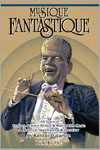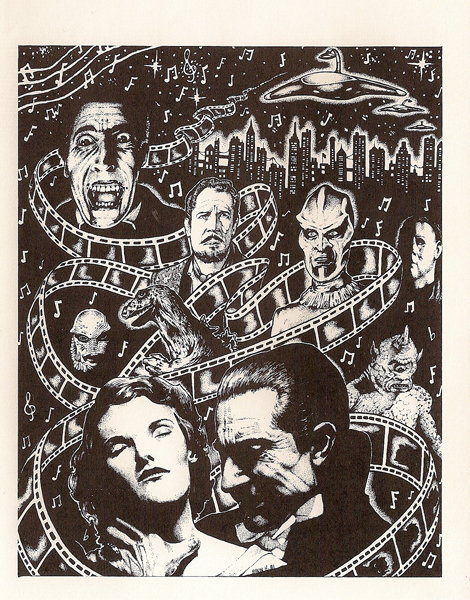Tim Wynn: Scoring FREAKS’ Psychological Sci-Fi
Interview by Randall D. Larson
September 18, 2109
FREAKS is a genre-bending psychological science fiction thriller starring Emile Hirsch, Amanda Crew, Lexy Kolker, Grace Park, and Bruce Dern. Written and directed by Zach Lipovsky and Adam B. Stein, FREAKS portrays the story of 7-year-old Chloe (an amazing performance by Kolker), who lives in fear under her father’s (Hirsch) protective and paranoid control, locked in an abandoned house in order to keep her safe from the constant threat of “abnormals” rumored to be outside. Then the mysterious Mr. Snowcone (Dern) convinces her to escape for his own suspicious reasons. The film originally premiered at the Toronto International Film Festival, where it was nominated for Best Canadian Feature Film. Watch the film’s trailer at the end of this article.
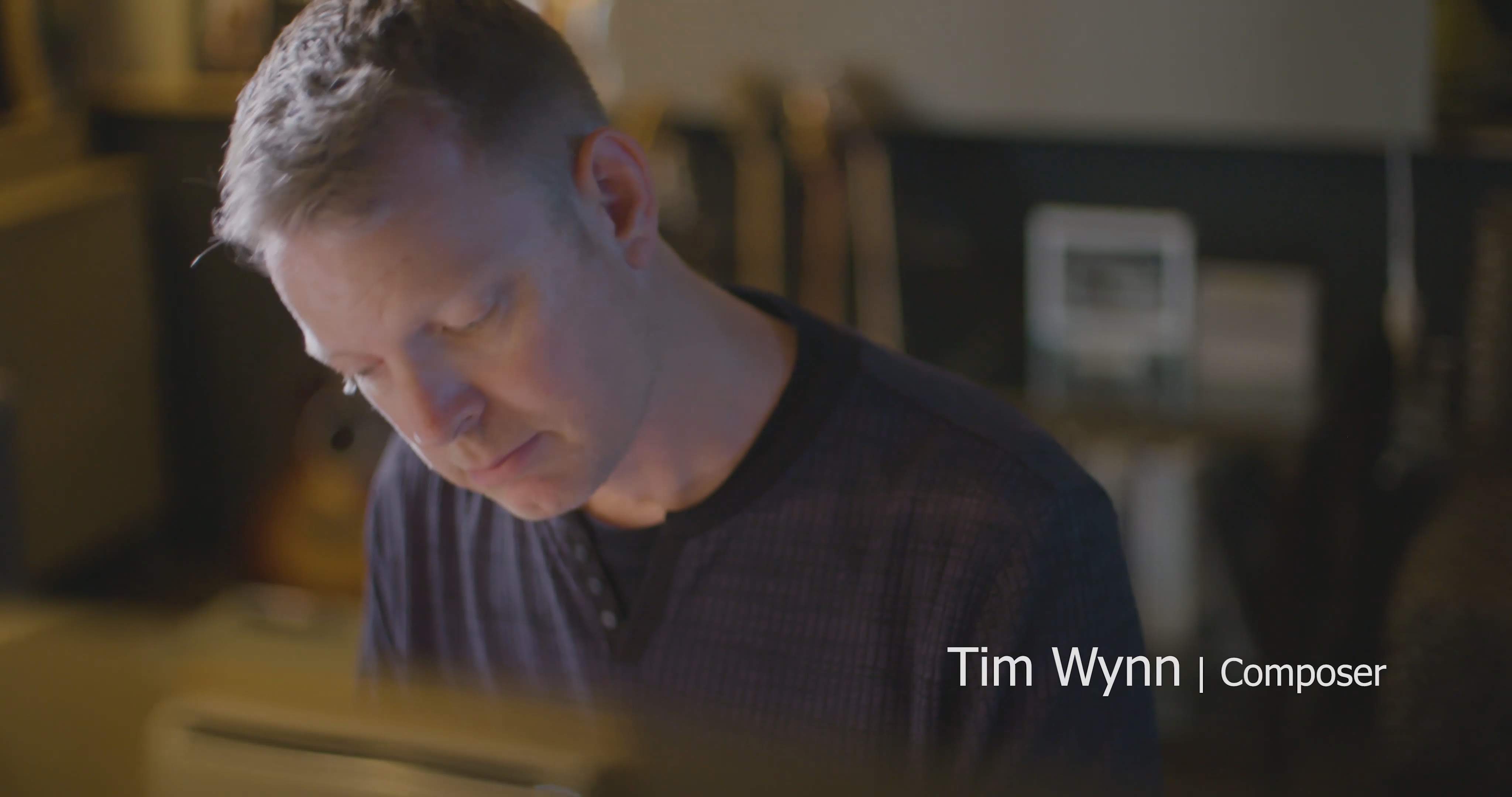
Tim Wynn is a Los Angeles-based composer for film, television, and video games. He studied film music at USC under Elmer Bernstein, Christopher Young, Buddy Baker, and Jerry Goldsmith. Wynn began writing music for media in 2004, starting with THE PUNISHER video game. In 2007, he teamed up with Christopher Lennertz, beginning with the WARHAWK videogame score, and they have been working together on various projects since then. Wynn’s recent credits include SUPERNATURAL (CW), XCOM2 (2K Games), MECH-X4 (Disney XD) and TOTAL WAR (Creative Assembly). Tim’s latest score is for the science fiction drama THE EXPERIENCE, in which his score blends gritty analog pulses with ambient pads and distorted vocals to create a universe as disturbing and perplexing as the film.
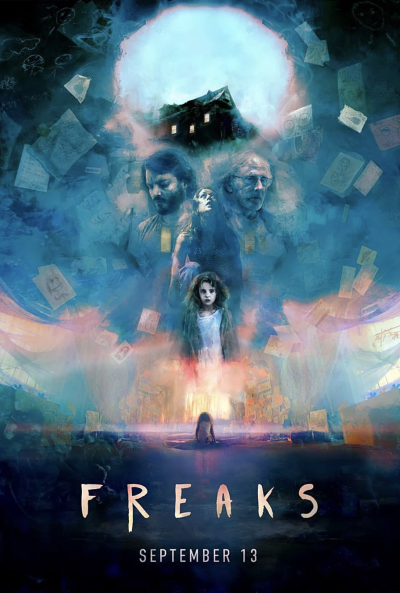
Q: How did you become involved with scoring FREAKS?
Tim Wynn: It started when I was speaking with the producers at a wrap party for the second season of MECH-X4, and they’d mentioned they had this small movie that they’d love to talk to me about. So I read the script and began thinking about one of the things they were really concerned with, which was how scary it should be versus how magical it should be. From there I went and started creating the themes, based off the script; and they took that music and actually played it while they were filming. They fell in love with the themes I had written up to that point, so from there until they started editing the movie, a lot of the music was already being put into the film.
Q: The film’s story is told incrementally, and you learn as you go throughout the film what is really happening—a narrative approach which is nicely supported by your score. How would you describe the film’s thematic orientation and how you helped tell the story as it went along?
Tim Wynn: Just as you described, you start on this landing spot where you don’t know what’s happening. You hear ice cream truck music, you see a little girl and her dad, they’re trapped inside a house, so musically I didn’t want to convey too much too early. We had to skirt around many of the underlying emotions and feelings of the characters, and the main theme needed to evolve. It starts very simply and, in terms of colors, is fairly claustrophobic; I used an upright felt piano to play the theme most of the time, which gives you a very small scale and helps built an atmosphere for the confined environment. I also have a lot of bell sounds that relate to the ice cream truck theme that’s also in there. As the score progresses and the story unfolds, I start adding in some strings, a solo violin, solo cello, and as more things begin happening to Chloe, she’s learning about powers she has and is becoming more and more heroic, then I add in the full orchestra playing her theme.
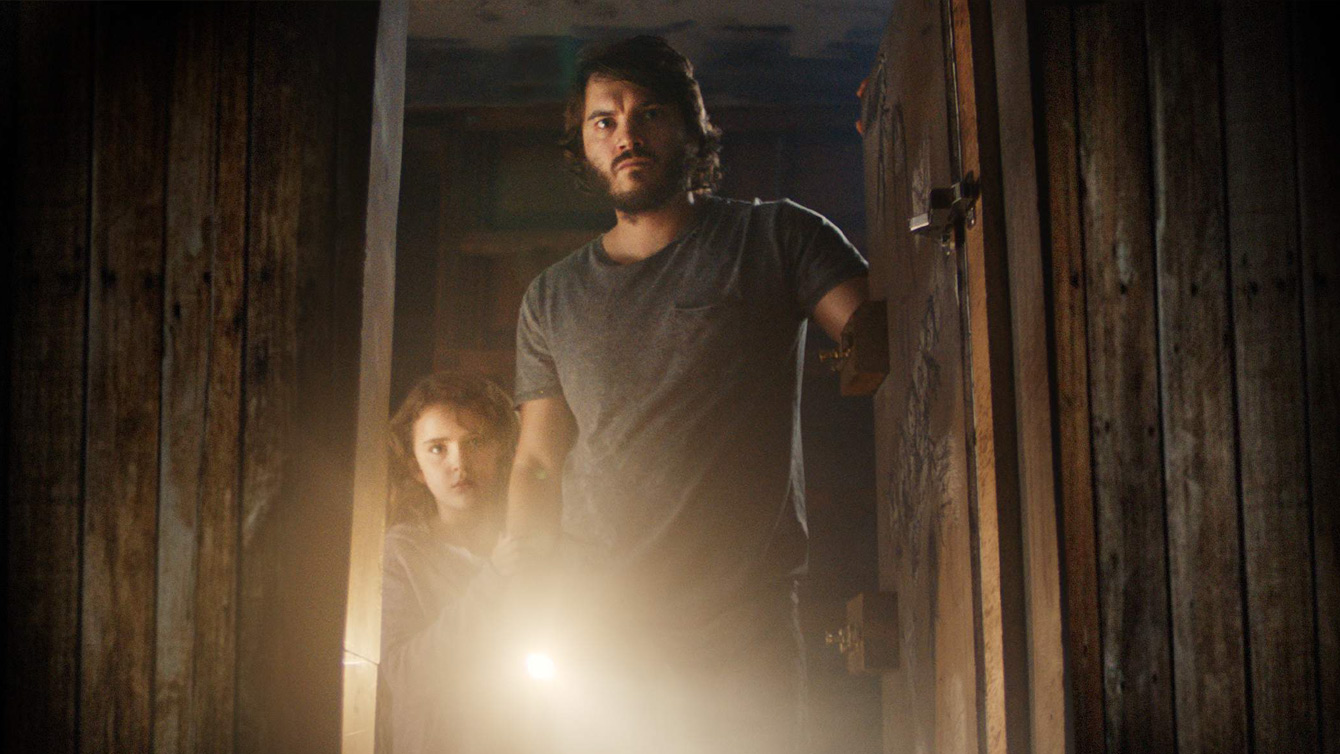
Q: There are some moments where the music comes in very subliminally, especially when Chloe discovers that she possesses some powerful abilities which can be used to her defense.
Tim Wynn: For those moments I used instruments—like bells and thunder sheets, which is a big sheet of metal that I would bow—and then slow the sound down to convey the discovery that the characters have the ability to slow down time. We learn this about three quarters into the movie, and much like you said it’s more of a subliminal thing than something the audience take notice of, and think, “Oh, that sounds like music that’s slowed down!” I use that as a texture, rather than as a motivic theme. I appreciate that you picked up on some of those things, which were done intentionally as my way to show the time elements that happen in the movie.
Q: As the story begins to unravel and we learn about the status of her mother, there are these muscular action moments near the end. How did the music transform to cover some of that material?
Tim Wynn: It was something that the directors and I discussed: how much we want to pay off the viewer watching this movie, and what should it feel like at the end? We tried a lot of different things and it felt, with the tone of the movie, that a really powerful sort of super-hero-esque theme would work best. That the theme starts at the very beginning and ends very triumphantly with the big orchestra was definitely intentional.
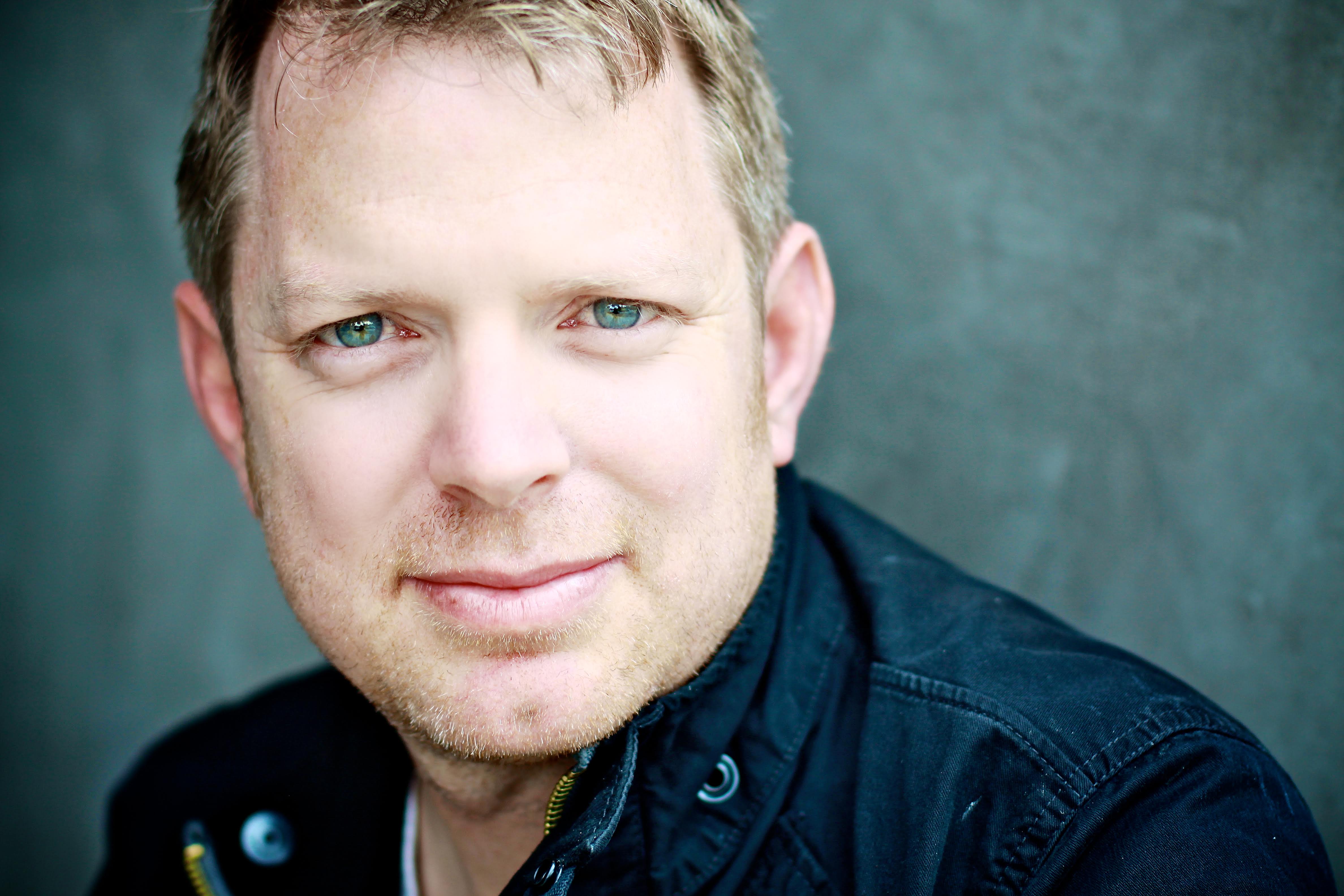
Q: How did you integrate the musical palette from the electronics and the orchestra?
Tim Wynn: There were some electronics in terms of supporting the main musical elements, but most of the score used natural-based sounds that I would create and record and manipulate and then use as a textural piece. I used that upright piano to provide those creepier tones, and we miked that in a way that it sounds like a piano but not like any piano you might have heard. Then the rest of the score included string quartets, the solo violin and solo cello, and then—again as the world got bigger, I felt like my palette should get bigger—we used a live orchestra: the City of Prague Philharmonic with 50 string players, which we felt was an important aspect of the story, so the score is never static. It definitely does not sound the same from the beginning to the end. As the story unfolds the music has its own journey as well.
Q: There’s a sense of organic-ness to the music as it develops. It’s malleable and it really affects the viewing, even if it’s maybe subliminal to a lot of viewers.
Tim Wynn: There was talk about that at the start. It’s a story of a young girl who has powers, so there are similarities to STRANGER THINGS, and we definitely did not want to be doing any sort of electronic score like they did with that—our story didn’t need it and it felt much more like an old school, Hollywood movie where storytelling was first and foremost rather than focusing on special effects and things like that. I felt that the little things in the score helped serve the purpose, and being organic in nature really was the right place to accompany this story.
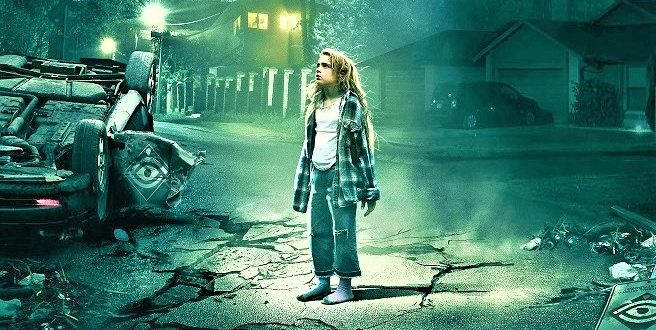
Q: Chloe’s Theme is central to this score; how have you used the other themes in your score?
Tim Wynn: You’re right, Chloe’s Theme is used in probably 60% of the movie; it’s all over the place! The next most central theme is what I call the Freak Theme, and it serves as her “Wonder Theme”—you hear it when she first reads about the ice cream truck and she becomes very intrigued about the outside world. I thought that theme felt right and was what the whole movie should feel like, but there weren’t a lot of places to actually use it. It was one of the first pieces I wrote as a theme suite, and you’ll hear it as I originally wanted to present it in the End Credits. There’s a little bit of a Mom Theme that happens a few times when you’re starting to learn about her. The Ice Cream Truck Theme was its own interesting thing; they wanted it to sound like an ice cream truck but in a scary way, and so it had to be the creepiest, most wondrous ice cream truck music ever. I did a lot of research about what the ‘50s and ‘60s ice cream truck music sounded like and how it was used, and I tried to emulate that vibe for those moments in the film that needed that music. It wasn’t ever supposed to be source music—it was meant to be coming from the ice cream truck, but also be score at the same time. I wanted it to convey a visceral sort of feeling rather than sounding like it came out of the truck’s tin speakers. For that reason we never put it in one of those metallicky sounding speakers, making it sound like it’s coming from that source; instead, it just sounds like it’s coming from the outside but you don’t really know from where, even when the truck is right there.
(Interview continues below)
Tim Wynn’s soundtrack for FREAKS has been released digitally by MovieScore Media. Watch the label’s video featuring a suite from the score:
Q: What was most challenging for you about scoring FREAKS?
Tim Wynn: At the very beginning, the thing that took me the longest was just getting those simple five notes right for Chloe’s Theme. It sounds counter-intuitive but sometimes the simplest writing is the hardest. I kept trying to write these grandiose themes with so many notes, and it just wouldn’t work in all parts of the film, so I ended up asking myself “What is the simplest theme that I can get away with that’s still memorable and serves all aspects of the story?” I needed something that would play when we’re in the house and she’s processing being stuck inside and her dad’s trying to hide her, and there’s a dangerous world outside; would the theme work for that? Would it also work when it’s at the very end and here she’s saving her mom and doing all these amazing things? I think that was the trickiest part, just making sure that it would fit all the aspects of the film that it needed to hit, and hit all the emotional moments that it needed to.
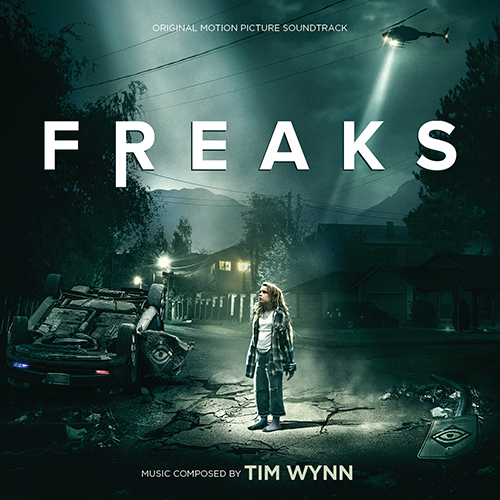
Q: What genre do you think the film fits into? Parts of it having to do with her abilities seem kind of superheroic, but elsewhere but it’s more of a science fiction thriller, as you alluded to in reference to STRANGER THINGS. How would you identify it by genre?
Tim Wynn: I guess I read it as a genre-bending kind of film. It’s being promoted as a scary movie, and moments of it are scary… I guess it would be classified as a thriller but it has so many different aspects—it’s almost of like Neapolitan ice cream! It’s not just vanilla and it’s not just strawberry and it’s not just chocolate. It has a little bit of everything, I think. It’s listed as an R-rated movie but there’s very little R-sort of things in the film. It’s a story that is told from the child’s perspective for 95% of the movie and it really has a story that evolves and takes you on a ride to find out what this world’s like, and as you do the outside world is a little more different.
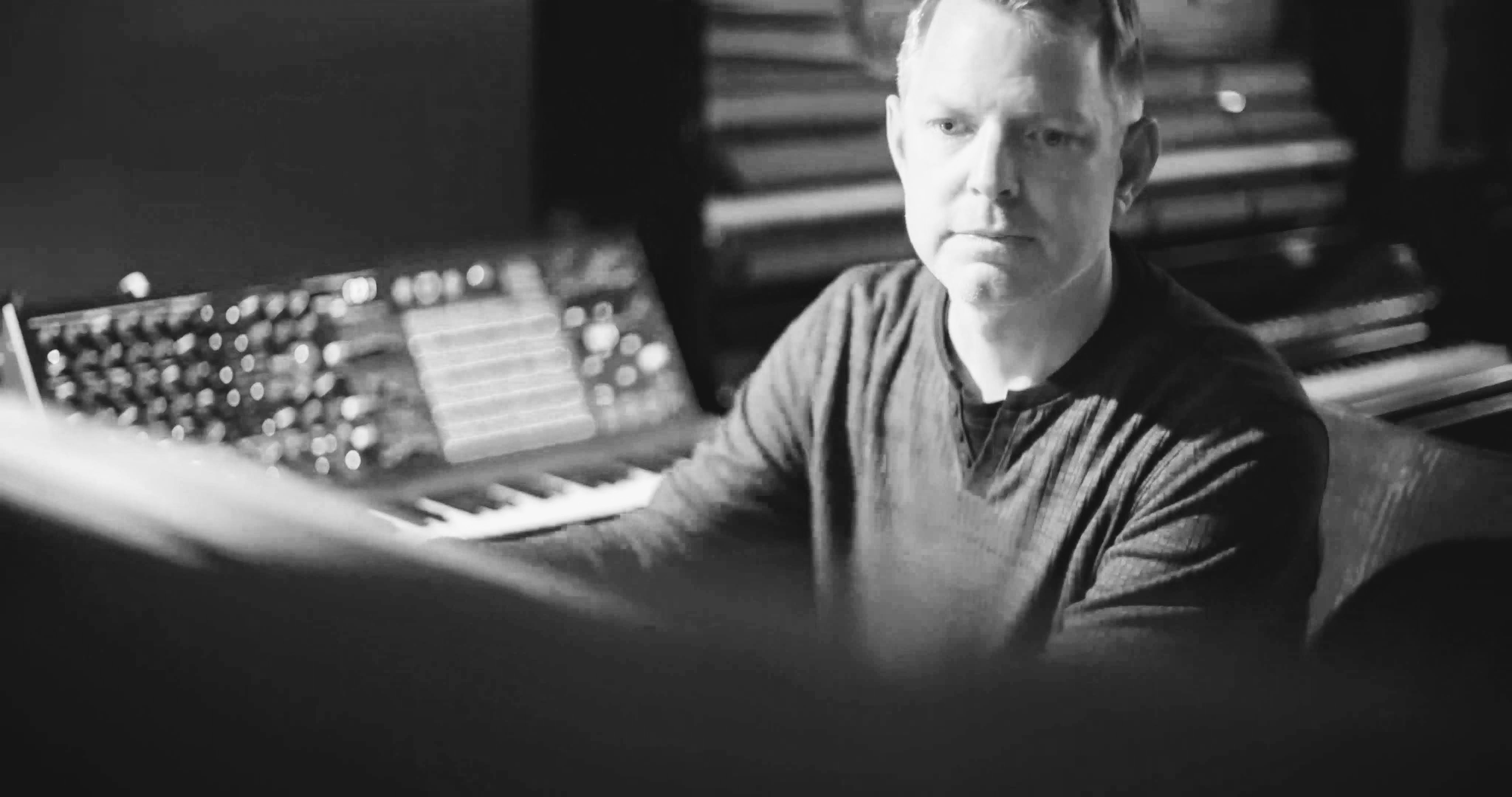
Q: I think the fact that we can’t narrow down a genre is very refreshing because it’s a unique thing of its own, in which a little bit of this and a little bit of that coalesces into something very interesting and compelling. It’s a peg that doesn’t fit into any of the holes on the pegboard—and deserves evaluation as something wholly different.
Tim Wynn: I couldn’t agree with you more. It seems like the way movies have evolved lately is that the heroic movies are this, and then the scary movies are that, and I feel like there’s a good place for a movie that just doesn’t follow a label. It’s not a movie that’s been made for marketing. This is something with a good story and is very entertaining.
Q: Is there a favorite moment or a part of the music that was especially rewarding for you?
Tim Wynn: I think my favorite moment in the film is when Chloe’s being told that the outside world is scary and dangerous and she shouldn’t ever go outside. That’s when the film is blending the scary elements with a sense of wonder. I felt the way the music sounded like a scary fairy tale was what I liked the best about the score.
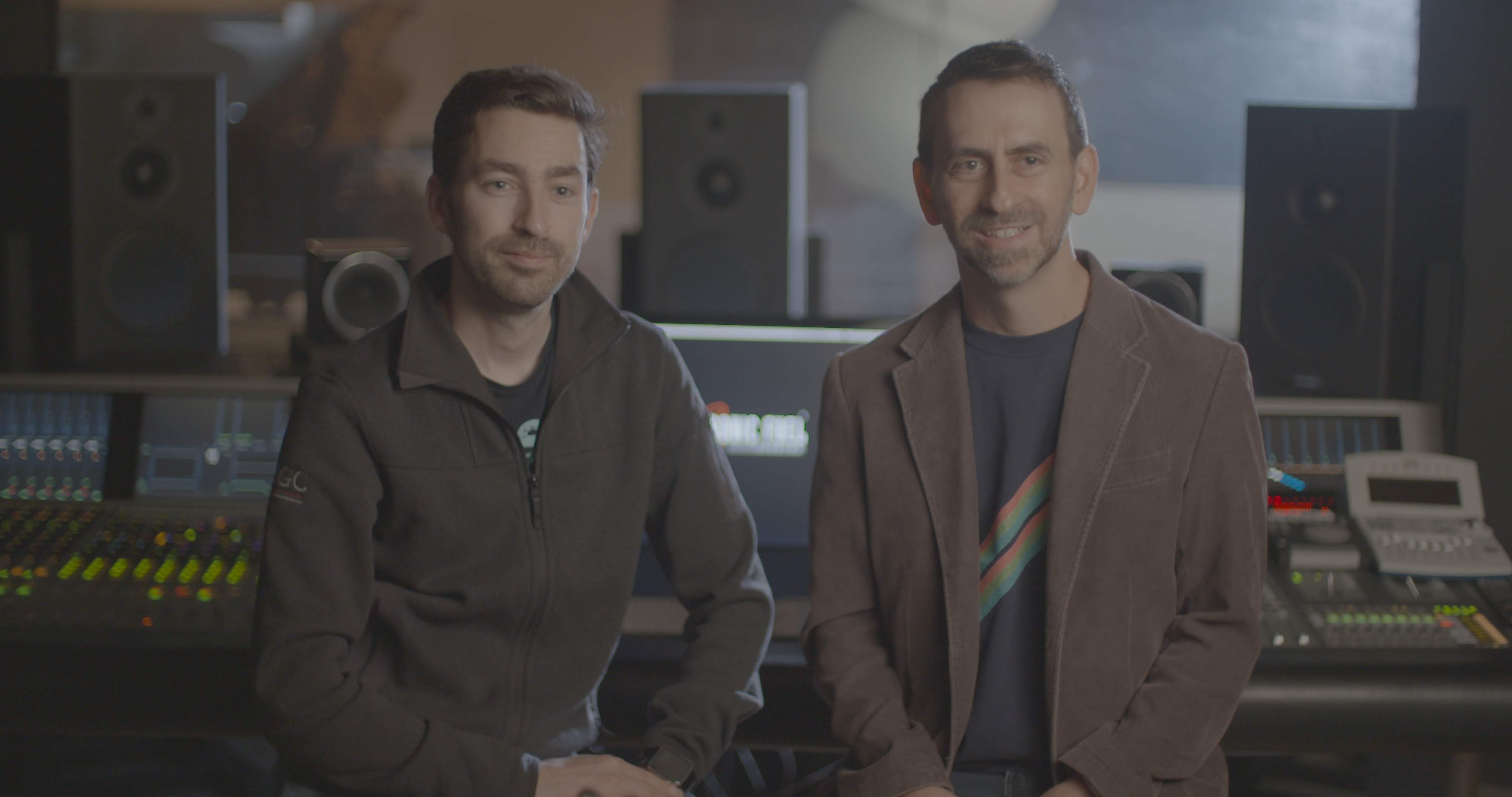
Q: Before FREAKS you worked with writer-directors Zach Lipovsky and Adam B. Stein, on the Disney XD series MECH-X4. What kind of music did that show need?
Tim Wynn: That was a TV series for Disney, so it was a story about four boys (a girl came in later) who find a robot and wind up saving the world. So that was a stereotypical sort of whimsical and heroic music with TV comedy thrown in as well. That’s it in a nutshell.
Q: You’ve been working with Christopher Lennertz for a number of years, co-composing SUPERNATURAL and collaborating in other ways. How did that begin?

Tim Wynn: Chris and I have known each other since 1994, where we met at USC. We knew the creator of SUPERNATURAL, Eric Kripke, at USC as well, so it just felt natural to work on it together. With how much music you have to write in a limited amount of time for television, it made sense that we share the load a little bit. How we decide to split it up depends on how our schedules are for the week and sometimes one of us will write more of the episode that week, or it’s something like, “I really like this episode, it kind of speaks to me, artistically—can I write a little more?” So it bounces back and forth from that.
Q: How were you able to work with his themes and have you contributed new themes of your own for new characters?
Tim Wynn: We own a recording studio together so we’ve been together in the same space, and I’ve always been aware of what Chris is working on; so hearing a theme, it’s been simple to integrate my little touches to music he started off doing. If I was scoring an episode where a new character would be introduced, which, being SUPERNATURAL, happens pretty often, then it could be a very simple theme, it wouldn’t be something as involved as the FREAKS theme or Chloe’s Theme—TV music is much more of a one or three-note theme or more motivic than thematic. There is a Brothers Theme in SUPERNATURAL that’s sort of rock and roll-based, but there aren’t overly thematic devices that happen, other than being motivic. There are definitely motivic themes that happen for the main characters.

Q: Over the seasons has the musical palette changed or the budget changed?
Tim Wynn: It’s been fairly consistent. I will say this is the first show I’ve ever worked on for fifteen years, so I don’t know if I have another thing to relate it with, but the people who produce it are amazing. The show is effortless to score, because it’s really a fun ride, and I love how it has so many layers to it that it’s not just scary;, it’s got comedy, it’s got all these different elements to it that make it just a joy to score.
Q: What do you have coming up, score-wise, than you can talk about?
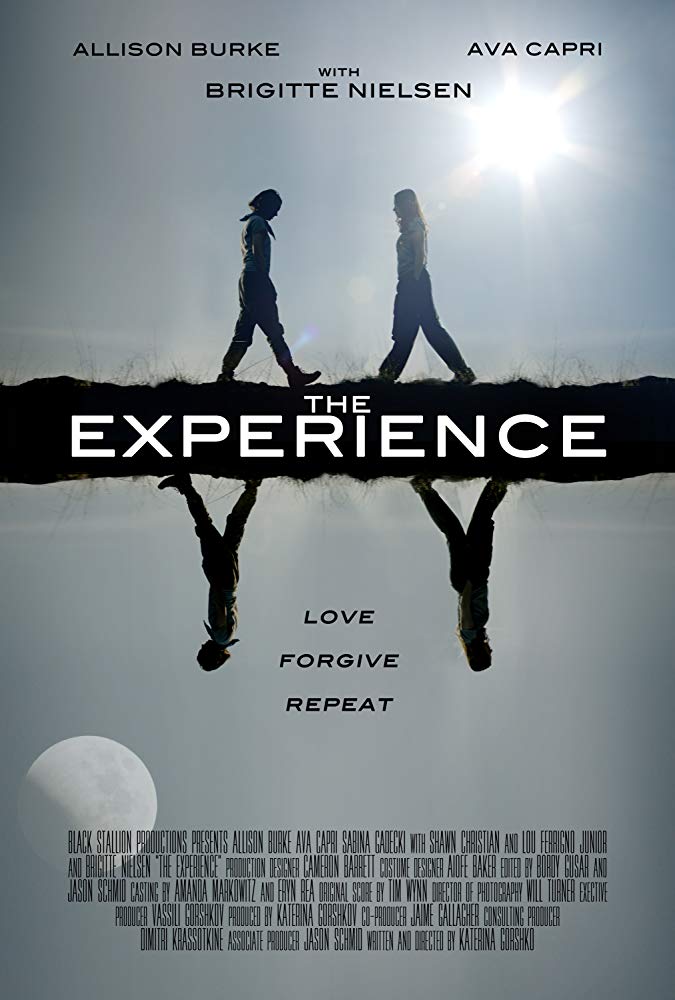
Tim Wynn: I’ve scored a film called THE EXPERIENCE, about two girls forming a bond at a wilderness camp for troubled youth, and that will be coming out later this year, I think—as composers we’re the last to know about release dates, for the most part! I also have a movie coming up that’s being filmed next month, called LATER DAYS, and that’s going to be sort of an ‘80s-based rambunctious comedy, and then there are always other things that I can’t talk about yet, but in 2020 there should be some good things coming up. I work in all aspects of film, TV, and video game music, and I love all of that. There’s not one thing I like more than another, and I enjoy working on a film, then going to a TV show, and moving from a TV show to a video game, and then repeating all that, because it helps keep my musical palette fresh. I always say this, but my favorite projects are those I work on with great people, so if great people are working on films, I want to work with them. As an artist what’s most rewarding is to be treated well and I’ve been very lucky in my career to work with super-fantastic people.
Special thanks to Greg O’Connor-Read at Top Dollar PR for facilitating the interview, and to Tim Wynn for taking the time out to chat with me about FREAKS and other work.
For more information on the composer, see his website at http://timwynn.net/
Watch the trailer for FREAKS:

